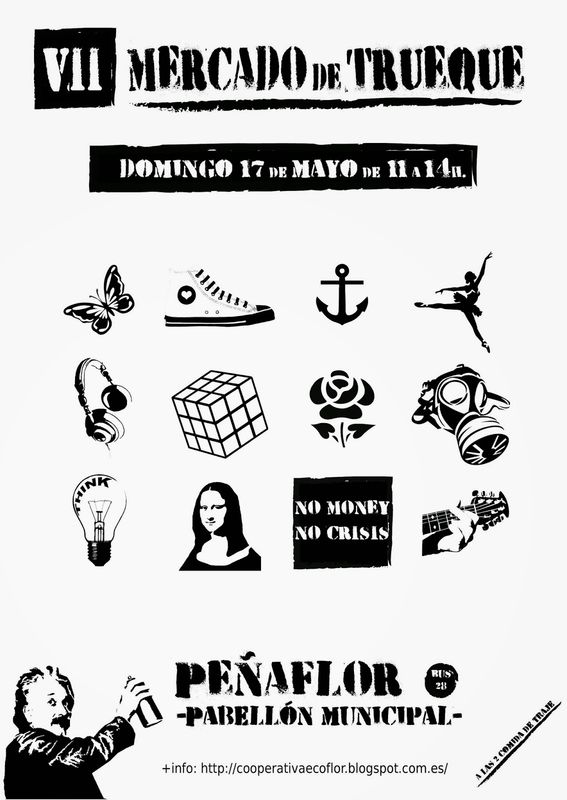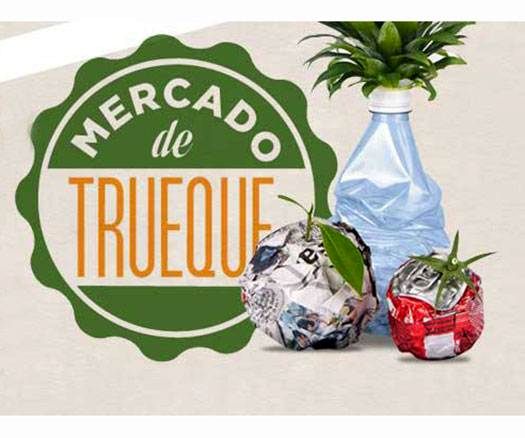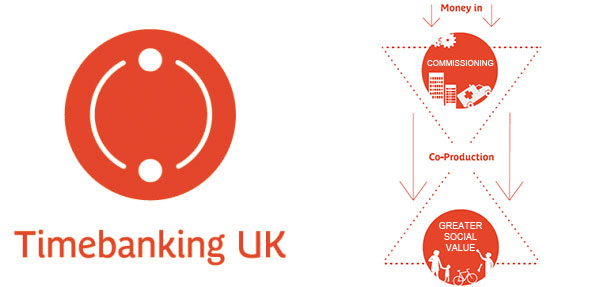The 7th-8th May we had the monthly Gaia Study Weekend in our school. During this period, the subject that all the Gaia’s were working with was: “Why can’t people just agree to make a better world?”.
To work with this question we split the class in 5 groups and we tried to focus our presentations on “What are the most important factors that are the hindrances for people to joining hands? ”. After sharing our opinion with the rest of the students, we established 5 factors as the most influencial factors in our society:
- Money
- Greed
- Comfort
- Education
- Fear
In my group's presentation we were talking about how the money affects our way of life, and how money is related with the rest of the factors. After a short introduction about the historical reasons for the money as a hindrance for people to joining hands, we put two examples of initiatives who are trying to change this fact.
 1. Exchange markets
1. Exchange markets
In these places the people can "buy" things without money, just exchanging with things that they don't need or don't use anymore. The main objective of these markets is to make these alternative spaces of consumption become a form of real savings based on the three 'R's: Reduce, Reuse and Recycle. This kind of initiatives want to give a second life to objects that are in good condition but no longer in use. So things go from hand to hand, covering real needs - without exchange of money.
These markets can be found in a lot of cities around the world. One example in Zaragoza (Spain) is called "Exchanging market: changing things to change the things. No money, no crisis". There is also “The Barter Market” in Mexico City, where to reduce waste production and promote the development of local products. This exchange programme is based on the system of “Green Points”. It means that your inorganic waste is collected and sent to different companies specializing in recycling, and this way they can be reused and changed. This gets you “Green Points” with which you can buy locally grown fresh food.
 2. Time Banking
2. Time Banking
Another example of these non-money initiatives are the programmes about sharing time. There is a time bank, where you can select that interests you and sign up to offer "your hours" in exchange for those of others. This is a way for people to come together, a way of making your time, your skills and your knowledge available to other users by giving practical help and support, and at the same time, choose the specialties of others. One example of these is the http://www.timebanking.org in UK, but nowadays, we can find these examples in many other cities around the world.

So either for economic reasons, or because of belief in an economic and social system based on sustainability and responsible consumption, the fact is that, the exchange of goods, services or knowledge without money is spreading. It gives us a way to acquire, enjoy or learn, and each day more people are convinced to use this new way instead of money.
This is certainly a good sign of social maturity that of course we must respect and promote.
Marta Penadés Cortell,
Gaia Team 2016
